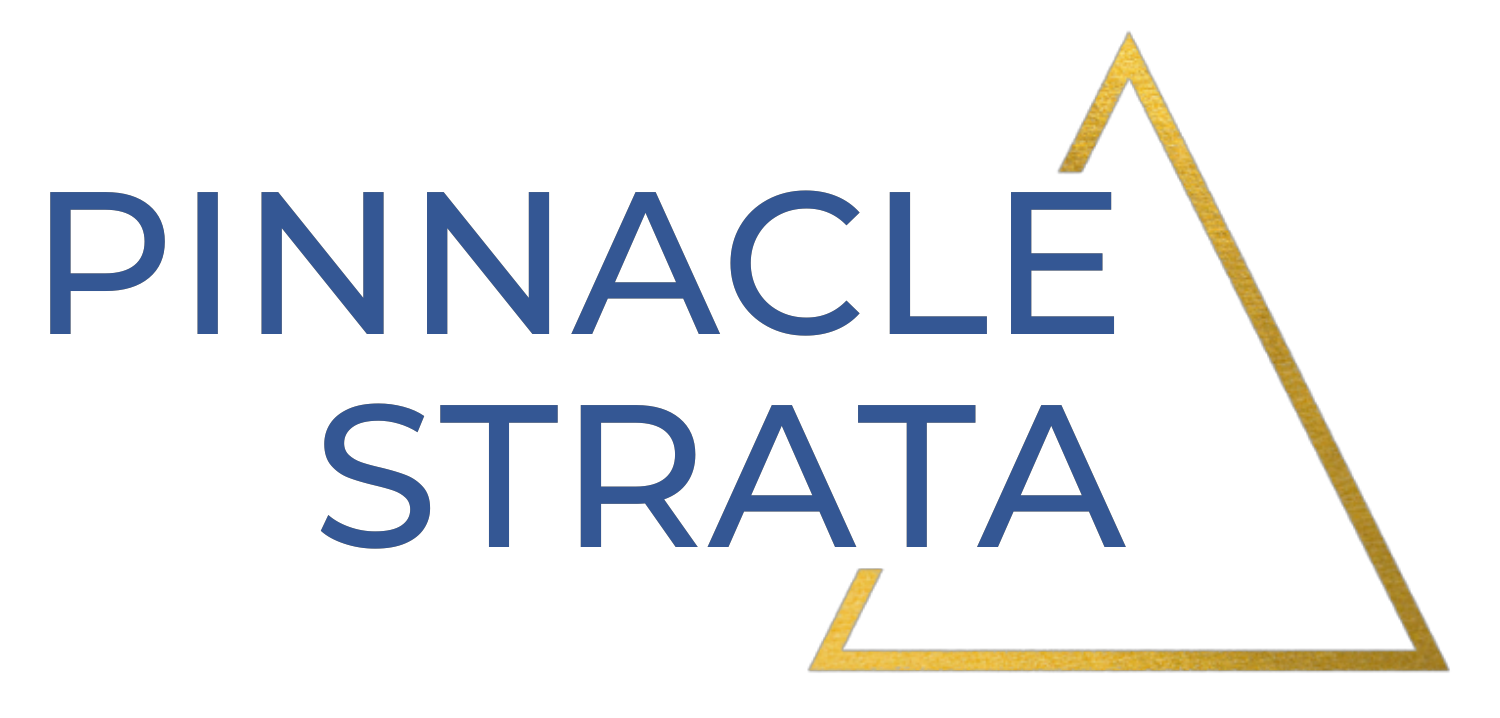Navigating Disputes
Living in a strata community offers many benefits, from shared amenities to a strong sense of neighbourhood. However, it also brings people from diverse backgrounds together in close proximity, which can sometimes lead to disagreements. Whether it’s a dispute over by-law enforcement, committee decisions, or maintenance responsibilities, understanding how to resolve conflict is essential to the health and harmony of the community.
This article outlines the key steps and considerations involved in resolving disputes under the Body Corporate and Community Management Act 1997 (BCCM Act), helping owners and residents understand the process and their responsibilities.
Why Conflict Occurs in Strata Communities
Strata living requires collective decision-making, often involving individuals with differing expectations, priorities and communication styles. When issues arise, it's important to manage them constructively and within the framework provided by legislation.
If internal efforts to resolve the matter fail, there are two main official dispute resolution processes under the BCCM Act: conciliation and adjudication.
Can the Dispute Be Considered?
Before lodging a dispute, it's important to confirm that the matter falls within the jurisdiction of the BCCM Office. They can consider disputes involving rights and obligations under the BCCM Act or the body corporate’s Community Management Statement (CMS).
Some matters are excluded from this process, such as:
Complex disputes, including contractual issues related to the engagement or authorisation of a manager, service contractor or letting agent
Debt disputes, which cannot proceed to adjudication even if conciliation is attempted
Lot entitlement adjustments, which are also considered complex
For further clarification, applicants are encouraged to consult Practice Direction 24 (debt disputes) and Practice Direction 25 (complex disputes).
Who Can You Lodge a Dispute Against?
Under Section 227 of the BCCM Act, disputes must be between specific combinations of parties. Common errors include owners attempting to lodge disputes directly against the committee, the body corporate manager or a caretaker. These disputes must be lodged against the body corporate itself, since decisions made by the committee are legally treated as decisions of the body corporate.
Concerns about body corporate managers or caretakers should first be raised with the committee, who may issue a Remedial Action Notice if there has been a contractual breach or code of conduct violation.
Mandatory Self-Resolution
Before making an application, you must attempt to resolve the issue directly with the other party. This requirement reflects the legislation’s aim of encouraging self-management and preserving relationships within the community.
Skipping this step may result in your application being rejected. Documentation showing attempts to self-resolve the issue must be included with any formal application.
Conciliation
Conciliation is a less formal process, where a conciliator helps parties try to reach a mutual agreement. These agreements are not binding, but they are made in good faith.
Conciliation is not available for disputes under the Building Units and Group Titles Act 1980 (BUGT Act).
If no agreement is reached, or if an agreement is not honoured, parties may proceed to adjudication.
Adjudication
Adjudication is a more formal process in which an adjudicator makes a binding decision. There is no hearing. Instead, decisions are made based on written applications, submissions and evidence.
Adjudicators can request further information, conduct site visits and access body corporate records. However, to protect fairness, they do not meet privately with parties.
Applications under the BUGT Act follow a similar process but are made to a referee rather than an adjudicator.
Should You Start With Conciliation or Adjudication?
In most cases, you cannot skip straight to adjudication. Conciliation is generally the required first step unless the issue is unsuitable for this process.
Ask yourself: Can the committee make a decision to resolve this issue?
If yes, conciliation is usually required.
If no, adjudication may be more appropriate.
For example, if disputing a motion passed at a general meeting, adjudication is usually the correct path, since the committee cannot overturn such decisions. However, in small schemes where all owners are on the committee, conciliation may still be appropriate.
See Practice Direction 9 for more detail on matters unsuitable for conciliation.
Clearly Identify the Outcome You Seek
Applications must include a clear and specific outcome:
For conciliation, state what action you want the other party to take (or stop taking).
For adjudication, state what order you want the adjudicator to make.
This outcome must align with your previous internal request. If seeking multiple outcomes, each should be numbered and supported by separate grounds.
Providing Grounds and Supporting Evidence
The strength of your application depends on the clarity and relevance of your grounds. These are concise statements explaining why you are entitled to the outcome sought. The grounds should relate directly to legislation or the CMS.
Conciliation applications require a summary of your reasons but not extensive detail.
Adjudication applications must provide a comprehensive and legally grounded explanation for each outcome requested.
Supporting documentation, such as meeting minutes, photographs, reports or correspondence, should be clearly referenced and numbered. A schedule listing all attachments is strongly recommended.
Be selective. Include only relevant material that directly supports your application.
In Summary
Resolving disputes in strata communities requires patience, clarity and an understanding of the legal process. Before lodging a formal application, ensure your issue is eligible, attempt self-resolution, and prepare a clear, well-supported case.
Whether through conciliation or adjudication, these processes aim to support fair outcomes and preserve the fabric of community living.
